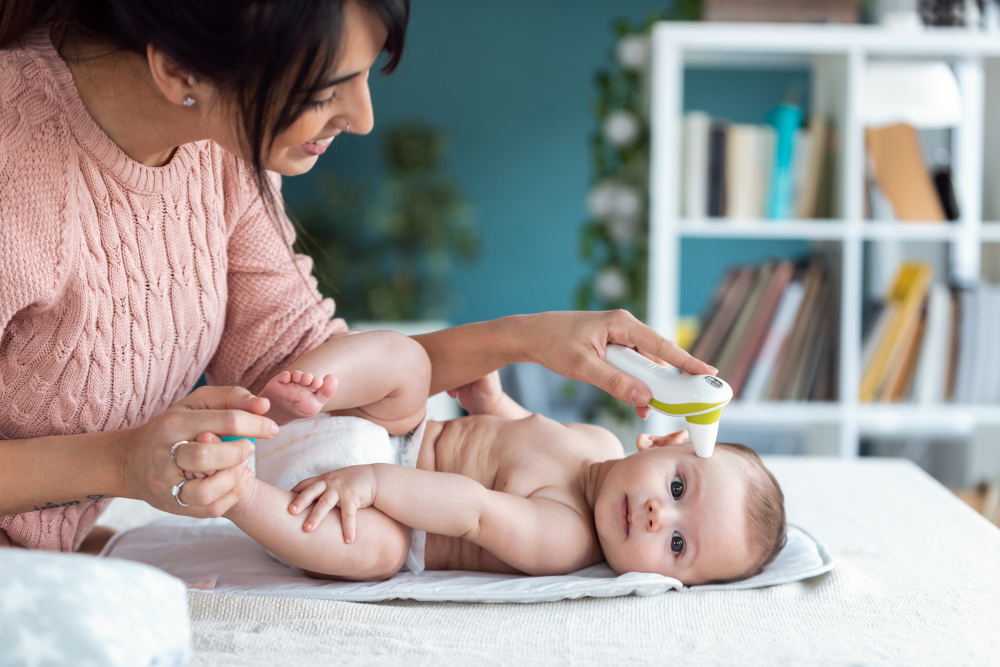Though COVID-19 hasn’t taken the same toll on children as on adults, it is taking a toll, according to recent studies. In fact, one in four children who develop COVID have lingering problems, also known as “long COVID,” according to a systematic review of 80,071 children with COVID-19.
What does long COVID look like?
Because COVID-19 is a novel virus, scientists are still figuring out what the long-term results of contracting it might be. However, around 25% of children and adolescents with COVID develop symptoms that can last twelve weeks or longer. Subjects of the study frequently reported neuropsychiatric problems such as moodiness, fatigue, dizziness, and headaches; cardiorespiratory issues like congestion, exercise intolerance, coughing, and arrhythmia; skin-related conditions including excessive sweating, itching, and hair loss; and gastrointestinal problems like constipation, abdominal pain, and nausea.
And that’s a small sampler of the potential ailments that kids with long COVID are reporting. The longer COVID lingers, the more scientists will know about all of the possible complications. However, for now, the study coauthor Sonia Villapol of Houston Methodist Research Institute in Texas says that it’s clear that “children and adolescents have also physical and mental health consequences derived from COVID-19.”
Which vaccines offer breastfeeding babies the greatest protection?
We’ve already discussed the value of getting vaccinated against COVID if you’re pregnant or breastfeeding in a couple of blog posts. Recent studies indicate that some vaccines are better than others at offering protection to newborns. If you want to pass the protective properties of your vaccine to your newborn via breast milk, a March 2022 study for the Journal of the American Medical Association (JAMA) recommends opting for the mRNA shots from Moderna or Pfizer.
In the JAMA study, breast milks samples were taken from 124 lactating women over a period of 100 days. The women had received either the mRNA vaccine or the vector-based vaccines developed by Johnson & Johnson or AstraZeneca. Researchers measured the antibodies in milk samples and found more than 9 in 10 women who received the mRNA vaccines had detectable IgA antibodies, which play an important role in protecting breastfed babies from COVID. Of the women who took the vector-based vaccines, fewer than half had IgA antibodies in their milk. The researchers concluded that “an mRNA-based COVID-19 vaccine is the optimal choice for lactating women when they want to transfer breast milk antibodies to their infants.”
Does my baby get the same protection if the breast milk is pumped?
Yes. While fresh breast milk is the best for babies, breast milk can be safely stored in the refrigerator for up to four days, and it maintains most of its immune properties. Reheating breast milk in the microwave and freezing breast milk both diminish some of the health properties, but not all. Carefully reheated breast milk still offers more immune benefits than formula, even if it’s been in the freezer for up to six months.
You’re still the best protection your baby has.
I take this as good news for worried moms. There is something you can do to protect your baby from COVID and other respiratory illnesses – breastfeed! We’re here to help in whatever way we can, whether that’s providing medical resources to help you make sound decisions or providing support when you’re beginning your breastfeeding journey. Need help finding a breast pump? We’re here for that, too. Give us a call or email today.
